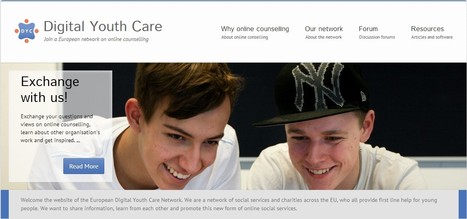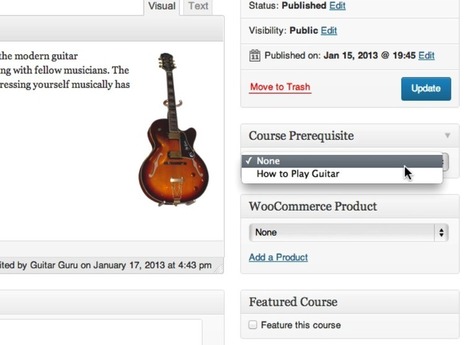Author David Price writes: "If schools are coming into direct competition with the learning opportunities available in the informal social space, it has to be said that this is a pressure, which barely registers within the political discourse.
In the following pages, Price describes three cases across the globe — in London, Sydney, San Diego — that have mapped a vision that answers the questions above. Here’s what they have in common:
- By insisting that their teachers and mentors share their learning, all three have de-privatized teaching and learning.
- By opening up the commons, and by designing workspaces without walls, they have brought Edison’s ‘machine-shop culture’ into education.
- By bringing into the commons, experts, parents and investors, they have given an authenticity to the work of their students that is impossible to simulate in an enclosed classroom.
- By modelling collaborative working to their students they have fostered the peer learning which is at the heart of ‘open’.
- By emphasizing adult and real-world connections, they ensure that students are preparing for the world beyond school by being in that world.
- By making their expertise and intellectual property freely available, they have created high demand from their peers and ensured that knowledge travels fast.
- By seeing technology not simply as an aide to learning but as the imperative for change, they ensure that their programs are relevant to societal needs and societal shifts.
- By trusting in their staff and students, and by giving them freedom and responsibility in equal measure, they have fostered a culture of learning that rewards respectful challenge, shuns unnecessary deference, and therefore constantly stays in motion.
Via
Gust MEES



 Your new post is loading...
Your new post is loading...

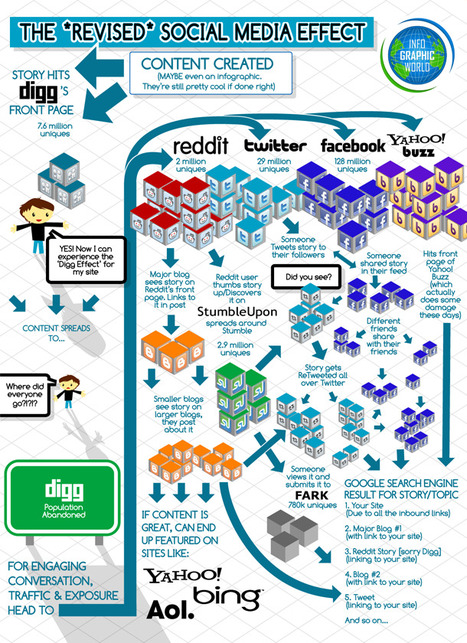

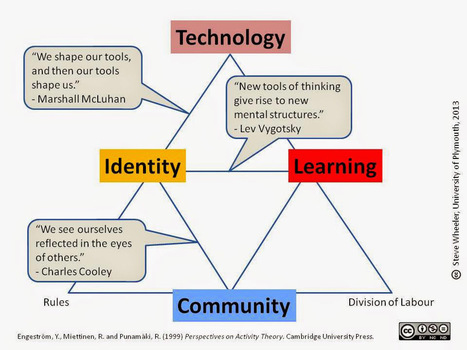


![Connectivism [Infographic] | :: The 4th Era :: | Scoop.it](https://img.scoop.it/g80D1nB72U-guyGWfI-QRTl72eJkfbmt4t8yenImKBVvK0kTmF0xjctABnaLJIm9)








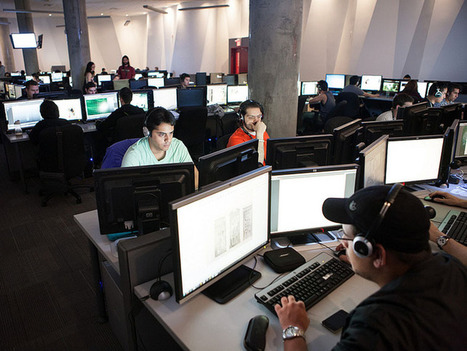


![13 Reasons Your Brain Craves Infographics [Infographic] | :: The 4th Era :: | Scoop.it](https://img.scoop.it/drRLnCgu2GGUjqDC_MCtSzl72eJkfbmt4t8yenImKBVvK0kTmF0xjctABnaLJIm9)




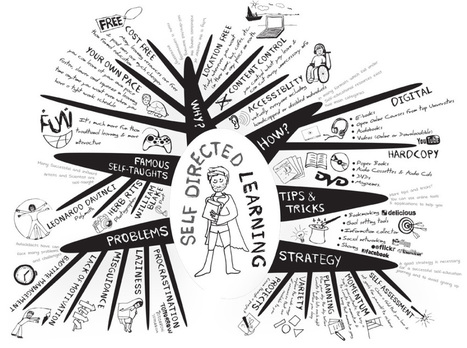


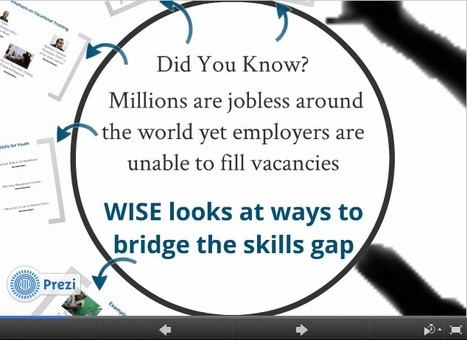
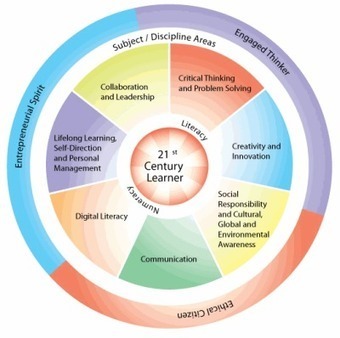



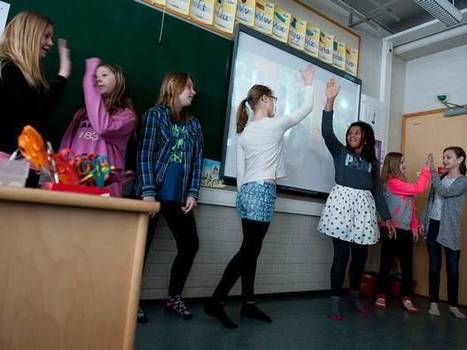








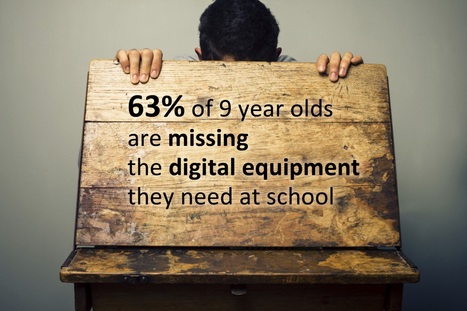

![Sparking Creativity [Infographic] | :: The 4th Era :: | Scoop.it](https://img.scoop.it/utakWHeE3dyKNmjP0pUzjTl72eJkfbmt4t8yenImKBVvK0kTmF0xjctABnaLJIm9)






